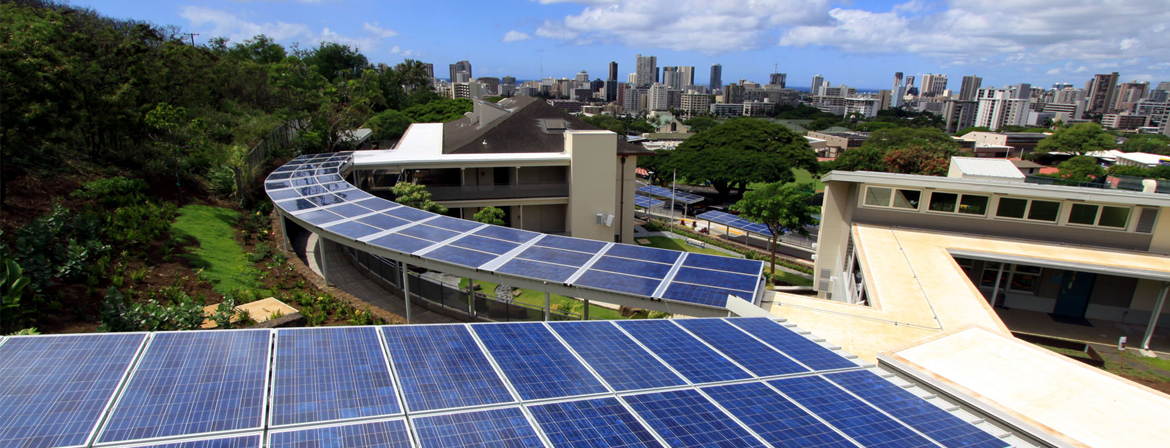Using Commitment to Reduce Energy Consumption in Iowa City
Pallak, M.S., D.A. Cook and J.J. Sullivan (1980). Commitment and Energy Conservation. In L. Bickman (ed.), Applied Social Psychology Annual 235-253, Beverley Hills, Ca: Sage.
Improving Energy Conservation With Effective Home Audit Programs in California Using Communication and Commitment
Aronson, E. (1990). Applying social psychology to desegregation and energy conservation. Special Issue: Illustrating the value of basic research. Personality and Social Psychology Bulletin, 16, 1, 118-132.
The Effect of Mild and Strong Public Commitments on Energy Conservation in Jackson, Michigan
Shippee, G. E., & Gregory, W. L. (1982). Public commitment and energy conservation. American Journal of Community Psychology, 10, 1, 81-93.
Using Television Modeling to Reduce Energy Consumption in Roanoke,Virginia
Winett, R. A., Leckliter, I. N., Chinn, D. E., Stahl, B., & Love, S. Q. (1985). Effects of television modeling on residential energy conservation. Journal of Applied Behavior Analysis, 18, 1, 33-44.
Reducing Electricity and Natural Gas Consumption Using Feedback and Incentives in Voorschoten, Netherlands, ,
Midden, C. J., Meter, J. E., Weenig, M. H., & Zieverink, H. J. (1983). Using feedback, reinforcement and information to reduce energy consumption in
The Use of Prompts in Reducing Electricity Consumption in University Classrooms
Luyben, P. D. (1980). Effects of informational prompts on energy conservation in college classrooms. Journal of Applied Behavior Analysis, 13, 4, 611-617.
The Implementation of Set-Back Thermostats and Social Diffusion in Twin Rivers, New Jersey
Darley, J. M., & Beniger, J. R. (1981). Diffusion of energy-conserving innovations. Journal of Social Issues, 37, 2, 150-171.
Factors Necessary for the Social Diffusion of Social Energy in New England
Sawyer, S.W. (1982). Leaders in change: Solar energy owners and the implications for future adoption rates. Technological Forecasting and Social Change,21, 201-211.
Reduction of Residential Consumption of Electricity Through Simple Monthly Feedback
Hayes, Steven C., Cone, John D., Reduction of residential consumption of electricity through simple monthly feedback. Journal of Applied Behavior Analysis, 1981, 14, 81-88.
Global Action Plan Community Lifestyles Campaign
Gershon, D. & Gilman, R. (1991). Household ecoteam workbook: A six month program to bring your household into environmental balance. Uxbridge, Ontario:



